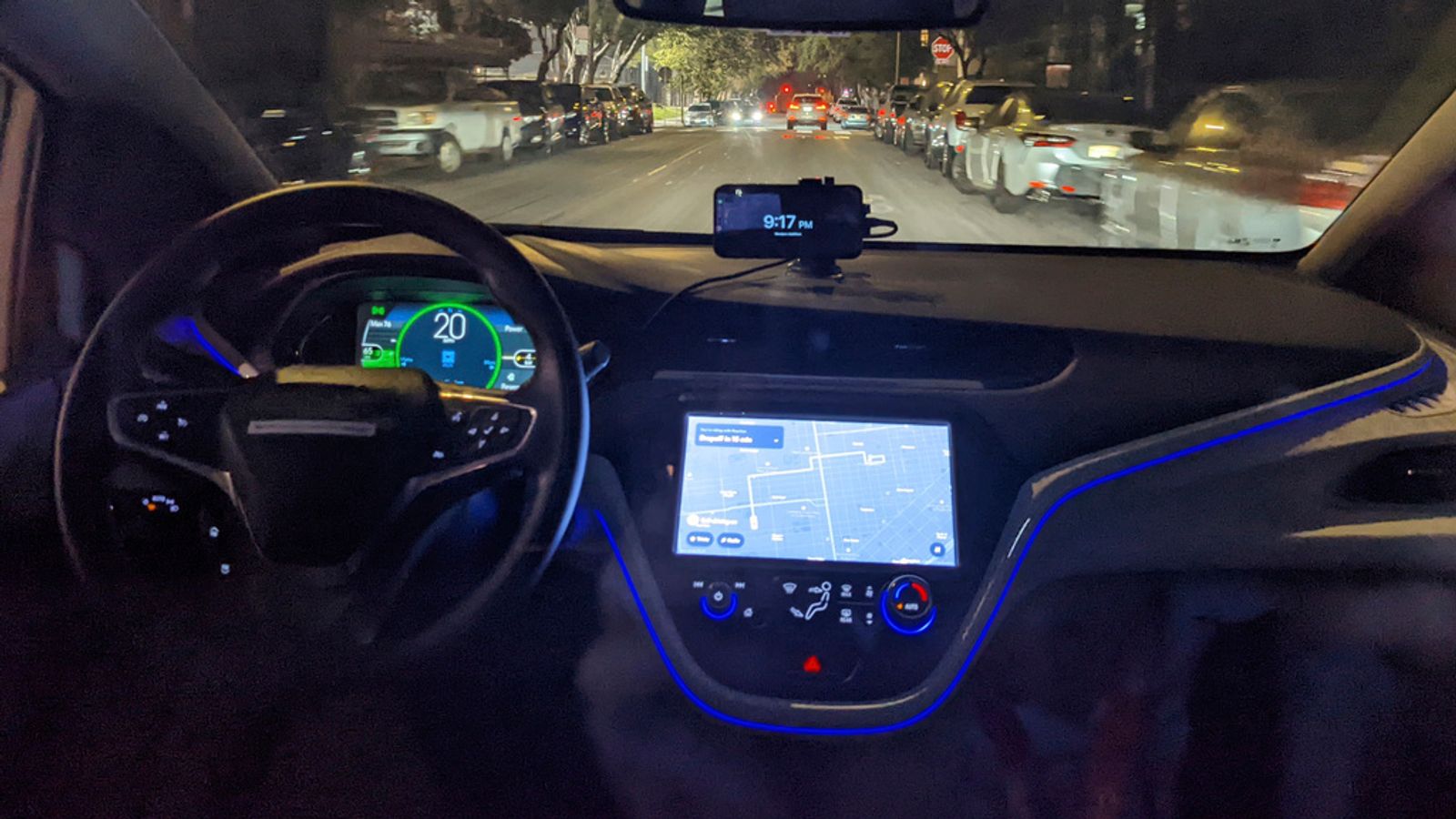Self-driving cars could be on British roads as early as 2026, Transport Secretary Mark Harper has said.
Asked if people could soon be travelling “with your hands off the wheel, doing your emails”, he agreed the prospect was possible in as little as three years’ time.
He told the BBC: “I think that’s when companies are expecting – in 2026, during that year – that we’ll start seeing this technology rolled out.”
Mr Harper said the innovation has “a huge number of potential uses”, including bolstering road safety and making it easier for disabled people to travel independently.
The Automated Vehicles Bill, which lays out a set of laws for using autonomous vehicles, was introduced into parliament in November, and the minister hopes it will pass through both Houses by the end of 2024.
The transport secretary said it was clear the self-driving technology works from a roll-out in California, where cars “without a safety driver, so in full, autonomous mode” are already on the roads.
“This technology exists, it works and what we’re doing is putting in place the proper legislation so that people can have full confidence in the safety of this technology, which I think is one of the important things we’ve got to do.”
Self-driving vehicles ‘could bridge gaps in UK’s public transport network’
Self-driving Ford car granted approval for hands-free use on British motorways in European first
Ocado and Virgin chiefs urge Johnson to put driverless cars in fast lane
The minister also claimed autonomous driving “will actually improve road safety” in the UK.
Read more:
Tesla recalls more than two million cars in US over Autopilot concerns
Police chase Tesla for 15 minutes after driver turns on autopilot and ‘goes to sleep’
“We already have a very good road safety record in Britain but there are still several thousand people a year killed on our roads,” Mr Harper said. “That could be improved.”
“The final thing is, there are a lot of people who currently don’t have the opportunity to get the freedom that many of us drivers take for granted,” the minister added.
“For example, there are people who have disabilities, people with learning disabilities, who don’t have the same freedom that driving brings the rest of us.
“This potentially opens up a whole new world for personal freedom, getting to work, having the ability to not have to rely on other people.”
At present, while several manufacturers offer driver assistance technology, Tesla is the market leader in offering what it calls “full self-driving capability”.
Read more from Sky News:
Test your knowledge with our politics Christmas quiz
Khan backs scheme to send 4x4s to Ukraine
Calls for James Cleverly to quit after ‘sickening’ joke







